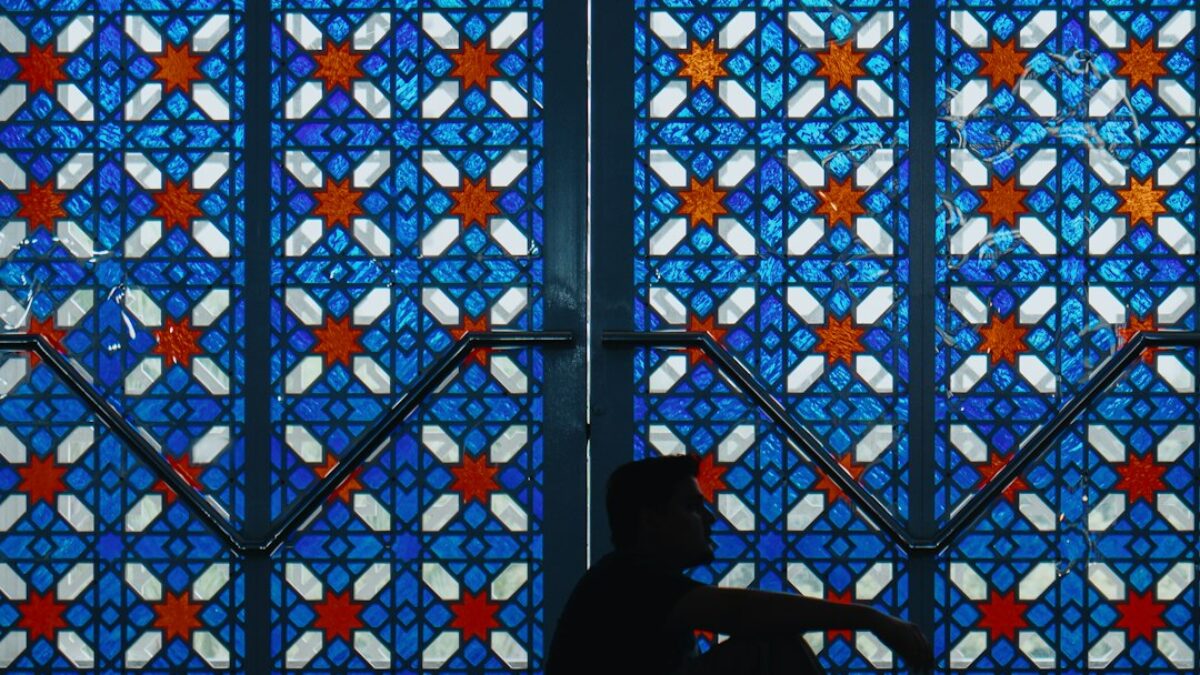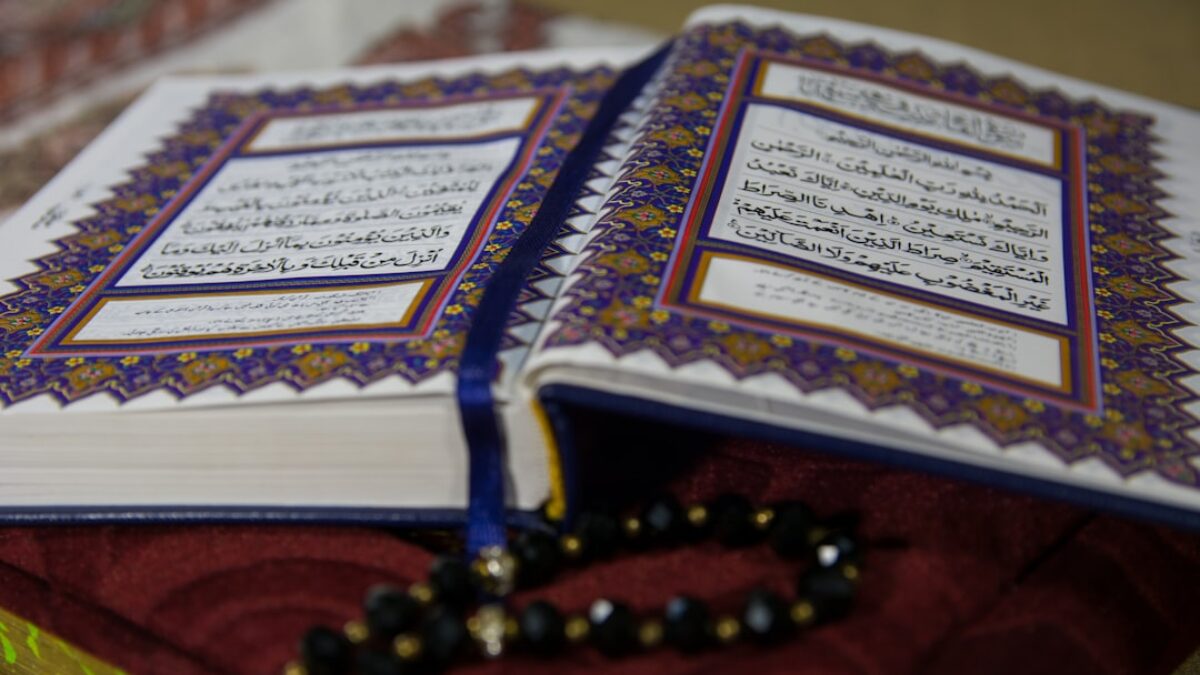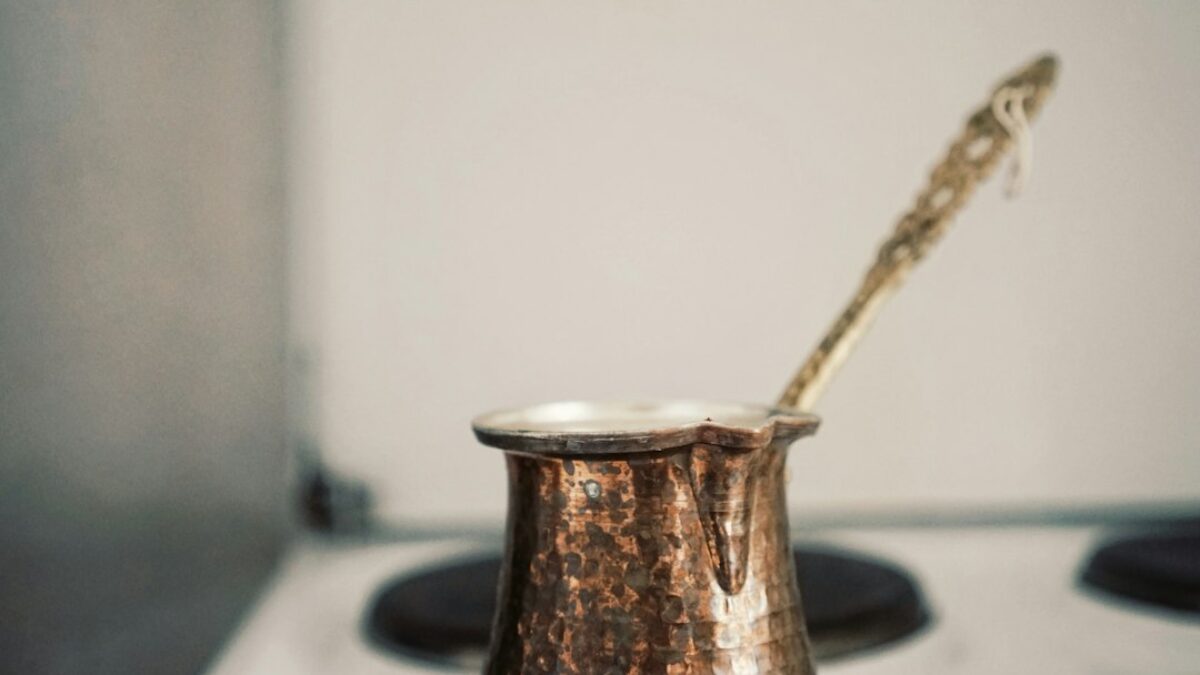Ramadan Fasting Rules for Beginners: Complete 2025 Guide to Safe & Spiritual Fasting
Ramadan is the holiest month in the Islamic calendar, observed by over 1.9 billion Muslims worldwide. For beginners, the prospect of fasting from dawn to sunset for 29 or 30 consecutive days can feel both spiritually exciting and physically daunting. This comprehensive 2025 guide walks you through every essential rule, practical strategy, and spiritual mindset you need to start Ramadan fasting safely while deepening your connection with Allah. Whether you are a new Muslim, a teenager fasting for the first time, or simply revisiting the fundamentals, this roadmap will equip you with confidence and clarity.
Understanding Ramadan Fasting (Sawm)
Sawm—derived from the Arabic root s-ā-m, meaning “to abstain”—is the fourth pillar of Islam. During Ramadan, every adult Muslim of sound mind abstains from food, drink, sexual intimacy, and sinful behavior from Fajr (true dawn) until Maghrib (sunset). The goal is not mere hunger or thirst, but taqwa—God-consciousness that sharpens moral awareness and cultivates gratitude.
Spiritual Purpose vs. Physical Practice
Physical fasting is the outward expression; the inner objective is to:
Purify the soul from arrogance and heedlessness Empathize with the less fortunate, translating hunger into charity Strengthen willpower to resist daily temptations
The Islamic Lunar Calendar
Ramadan begins upon the sighting of the new crescent moon. In 2025, crescent moon sighting committees will convene on the evening of March 10. If the moon is sighted, fasting starts at Fajr on March 11; otherwise, it begins on March 12. The month lasts 29–30 days, culminating in Eid al-Fitr.
Key Components of Ramadan Fasting Rules
1. Who Must Fast
The obligation applies to:
Adult Muslims (puberty onward). Residents (travelers may defer or shorten fasts). Healthy individuals able to fast without harm.
2. Who Is Exempt or Granted Concessions
| Category | Ruling | Required Action |
|---|---|---|
| Pre-pubescent children | Exempt | Encouraged to practice partial fasts to build habit. |
| Menstruating/postnatal women | Exempt during bleeding | Make up (qada) missed days later. |
| Pregnant/nursing women | Concession if feared harm | Choose between making up days or feeding a poor person per missed day. |
| Elderly or chronic illness | Permanently exempt if fasting is dangerous | Pay fidya: feed one poor person per missed day. |
| Travelers > 83 km/52 mi | Concession to shorten or defer | Make up days after Ramadan. |
3. Dawn-to-Sunset Timetable
The daily fasting window is defined by two moments:
Fajr al-Sadiq (true dawn): horizontal light spreads across the horizon; eating must stop. Maghrib: the entire disk of the sun disappears; time to break fast.
In 2025, fasting lengths range from 11 hours in Cape Town (June) to 17 hours in London (June). Use reliable apps such as Muslim Pro or local mosque timetables.
4. Nullifiers of the Fast
Intentional acts invalidate the fast and require qada (make-up) plus kaffarah (expiation) if deliberate:
Eating or drinking knowingly. Sexual intercourse. Intentional vomiting. Menstruation or postnatal bleeding starting during the day. Apostasy (leaving Islam).
Forgetful eating or rinsing the mouth without swallowing water does not break the fast.
Benefits and Importance
Physical Health Gains
Intermittent metabolic rest triggers:
- Autophagy: cellular repair and removal of toxins
- Improved insulin sensitivity
- Reduced inflammatory markers (CRP, TNF-α)
A 2025 meta-analysis in Nutrients showed Ramadan fasting improved LDL cholesterol by 8–10 % in healthy adults.
Psychological Well-Being
Structured fasting creates predictable circadian cues, improving sleep quality. Moderate hunger also elevates BDNF (brain-derived neurotrophic factor), enhancing mood and memory.
Social and Ethical Impact
The communal iftar gatherings break socio-economic barriers. Zakat al-Fitr, given before Eid, ensures even the poorest can celebrate, reducing inequality.
Spiritual Rewards
The Prophet ﷺ said, “Whoever fasts Ramadan with faith and seeking reward, his previous sins are forgiven.” (Bukhari & Muslim) Each act—from restraining anger to nightly Taraweeh prayers—multiplies rewards 70-fold.
Practical Applications
Week-by-Week Beginner Roadmap
Week Zero: Medical & Spiritual Check
- Schedule a pre-Ramadan medical review if diabetic, hypertensive, or on medications.
- Set realistic spiritual goals (e.g., finish one Qur’an recitation, memorize three surahs).
- Download a fasting timetable and set phone alarms for Suhoor and Maghrib.
Week 1: Establish Routine
- Ease digestion: Shift dinner 30 minutes earlier each night to align with Suhoor timing.
- Hydration ladder: 2.5 L water between Maghrib and Fajr; add electrolytes if humid.
- Morning adhkar: Recite dua for fasting immediately after Fajr to formalize intention (niyyah).
Week 2: Deepen Worship
- Join virtual Qur’an circles if local mosques are far.
- Practice two-unit nafl prayers before Iftar to create a worship buffer.
- Limit social media to 30 minutes daily; use screen-time apps for accountability.
Week 3: Community & Charity
- Organize a neighborhood iftar potluck rotating homes daily.
- Allocate daily $5 sadaqah jar for micro-donations via apps like LaunchGood.
- Volunteer at a soup kitchen after Taraweeh to embody empathy.
Week 4: Reflection & Preparation for Eid
- Nightly journaling: three gratitude points and one improvement area.
- Calculate and pay Zakat al-Fitr $10–$15 per household member by 28 Ramadan.
- Plan Eid clothes and gifts early to avoid last-minute shopping on the 29th.
Suhoor & Iftar Meal Blueprints
Balanced Suhoor Plate (Slow-Release Energy)
- Complex carbs: 1 cup steel-cut oats with chia seeds
- Protein: 2 boiled eggs or 100 g Greek yogurt
- Healthy fat: 1 tbsp almond butter
- Hydration: 500 ml water + pinch of pink salt + squeeze of lemon
Smart Iftar Sequence (Avoid Sugar Crash)
- 3 dates + 250 ml water (restore glycogen gently)
- Light soup (lentil or vegetable) to prep stomach
- Maghrib prayer (10-minute gap)
- Main meal: grilled chicken, quinoa, roasted vegetables
- Post-Taraweeh snack: banana and mixed nuts if still hungry
Staying Safe in Summer Heat
Heat exhaustion signs include dizziness, nausea, and rapid pulse. Countermeasures:
Wear breathable cotton and light-colored clothing. Schedule outdoor errands before 11 a.m. or after 5 p.m. Place a damp cloth on the back of the neck while driving. If symptoms escalate, break the fast and rehydrate; health overrides ritual obligation.
Technology Tools for 2025
Modern apps enhance both safety and spirituality:
WaterLlama: tracks hydration between Maghrib and Fajr. Qur’an Companion: gamified memorization streaks. Sehri & Iftar: provides mosque timetables worldwide. FocusQuran: blocks distracting sites during prayer times.
Frequently Asked Questions
What if I accidentally eat or drink?
The Prophet ﷺ said, “Allah has forgiven my nation for mistakes, forgetfulness, and what they are forced to do.” (Ibn Majah) Spit out the food, rinse your mouth, and continue fasting; no expiation or make-up is required.
Can I brush my teeth while fasting?
Yes, using a dry toothbrush or very little miswak without toothpaste is permissible. Avoid excessive foaming agents that might be swallowed. Rinse lightly and spit thoroughly.
How do I handle intense caffeine withdrawal headaches?
Taper caffeine intake 7–10 days before Ramadan. During the month, switch to decaf chai at Suhoor and hydrate aggressively. Over-the-counter painkillers taken at Iftar are allowed if medically necessary.
What should breastfeeding mothers do?
If fasting causes reduced milk supply or maternal dehydration, break the fast and make up the days later. Some scholars allow fidya (feeding a poor person) if making up becomes impractical.
Is vaping or smoking allowed?
Both break the fast because substances enter the body cavity. Use Ramadan as a golden opportunity to quit; consult cessation helplines like 1-800-QUIT-NOW in the U.S.
How do athletes maintain performance?
Shift intense workouts to after Taraweeh. Focus on low-intensity skill sessions or yoga before Iftar. Rehydrate with
























Post Comment